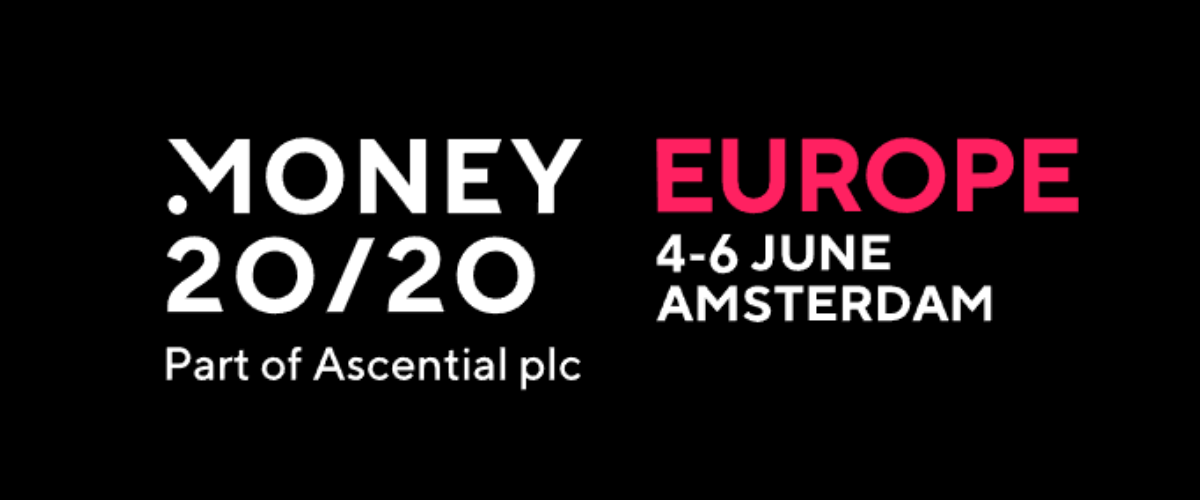Dive into the dynamic world of finance with our latest analysis highlights, exploring hot topics from the fall of fintech funding to climate goals for 2030, the reopening of the IPO window in sectors like SaaS and more.
U.S. fintechs set foot in Mexico’s rising digital market (Fintech Nexus)
Despite challenges like high interest rates, Mexico’s fintech sector is thriving, with approximately 770 fintech companies in the country, showing a resilient 20% annual growth rate. The sector is robust, with nearly 1,000 companies when including foreign entities. Fintechs from the United States lead among foreign firms, followed by Chilean, Colombian, and Argentine companies. The nearshoring boom and rewiring of supply chains post-pandemic present promising opportunities for fintech firms in Mexico. Financial inclusion remains a priority, with nearly half of surveyed fintechs targeting individuals and businesses with limited access to traditional banking. However, there’s still room for improvement in lifting Mexicans out of underbanking. Last year saw numerous fintech exits from the Mexican market due to economic challenges, but new startups continue to emerge, particularly in lending, payments, and remittances. Digital banks are competing aggressively for savers, offering high-yield savings products to attract customers amid high interest rates and inflation. Read more
Navigating the Evolving Landscape between China and Africa’s Economic Engagements (IMF)
China and Africa have developed a significant economic relationship since China joined the WTO in 2001. This illustrative paper by Chen et al. (2024) explores the evolution of these ties from the early 2000s, noting a shift caused by the commodity price collapse in 2015 and the COVID-19 pandemic. The analysis examines the potential impact on Africa of a potential slowdown in Chinese growth, emphasizing the differing effects on African nations, particularly those highly reliant on their economic connections with China. The conclusion suggests strategies for both African countries and China to adapt to the evolving relationship. Read more
The AI frenzy is a ‘bubble within a bubble,’ a top investor says (Quartz)
Jeremy Grantham, chief investment strategist at GMO, warns of a potential bubble burst in AI stocks, describing it as a “bubble within a bubble”, such as the one that temporarily delayed the crumbling of the 2021 COVID stimulus check initiative. Despite some analysts’ optimism, Grantham argues that the investment frenzy around AI stocks, sparked by OpenAI’s ChatGPT launch in 2022, resembles past speculative bubbles. He compares the situation to the dot-com bubble, suggesting that AI’s full potential may only be realized after an initial burst. Grantham predicts that once the AI bubble deflates, it will trigger a broader market downturn and potentially lead to a recession, particularly given the backdrop of interest rate increases and speculative excesses. Read more
It’s not just Bitcoin: 5 ‘altcoins’ riding the cryptocurrency wave (Qoshe)
The crypto market has experienced significant growth recently, ending a prolonged period of hardship. Bitcoin, in particular, has surged by 50% this year, reaching a record high of $72,000. Other cryptocurrencies have also seen substantial gains, with some increasing by over 100% in the past year. This turnaround follows a crypto winter marked by exchange collapses, scandals, and bankruptcies. The positive momentum in the crypto market is attributed to the approval of 11 Bitcoin ETFs by the U.S. Securities and Exchange Commission in January, along with the listing of Bitcoin-linked securities on the U.K. stock market. Read more
Jamie Dimon says the recession he’s been predicting could still happen (Quartz)
Jamie Dimon, CEO of JPMorgan Chase, has once again expressed apprehension regarding the possibility of a recession in the U.S. economy, indicating that stagflation could be a worst-case scenario. Speaking at the Australian Financial Review Business Summit in Sydney, Dimon cautioned against premature interest rate cuts by the Federal Reserve, advocating for a wait-and-see approach until more economic data is available. Dimon’s past predictions have shown some inconsistency, including his previous warning about a potential economic “hurricane” that did not materialize. Additionally, Dimon has had a complex relationship with blockchain technology, initially criticizing Bitcoin as a fraud before JPMorgan launched its own digital coin, JPM Coin, for client payments in 2019. Read more
The Ultimate Guide to DeFi: Everything You Need to Know (Binance)
Decentralized finance (DeFi) has emerged as a revolutionary concept within the crypto community, offering a transparent, secure, and accessible alternative to traditional financial services. Operating on decentralized networks like Ethereum’s blockchain, DeFi utilizes smart contracts to automate transactions, eliminating the need for intermediaries. Key benefits include transparency, security, accessibility, and cost-effectiveness. Notable examples of DeFi projects include Uniswap, Aave, Compound, and MakerDAO. Moving forward, DeFi faces challenges such as scalability and mainstream adoption but holds promise for continued growth and innovation. As the DeFi space evolves, addressing these challenges and enhancing user experience will be crucial for its widespread adoption. Read more
Taras Boyko: Eastern Europe fintech’s market is full of promise (SofiaGlobe)
The rise of digital challenger banks in Eastern Europe contrasts with their struggles in the West, where established giants and high costs have hampered their growth. In Eastern Europe, however, rapid economic growth and an underserved market present ample opportunities for fintech banks to thrive. Despite a growing demand for innovative financial services, many credit-worthy individuals struggle to access credit due to high costs and outdated banking practices. This creates a ripe environment for fintech startups to offer flexible and accessible credit options, leveraging advanced technologies to cater to the needs of underserved customers. Entrepreneurs like Taras Boyko, who authored the article, see Eastern Europe as a land of opportunity, with significant room for growth in the fintech sector. Startups across the region, such as Payhawk, CreditFi, and Wandoo, are already making waves by offering innovative payment solutions, alternative finance options, and flexible credit services. These pioneers not only drive financial innovation but also contribute to economic growth and financial inclusion, particularly for marginalized groups like female-led enterprises. As Eastern Europe’s fintech ecosystem continues to evolve, it holds the potential to transform the broader European fintech market and drive greater financial technology adoption across the continent. Read more
–
Do you have any news to share? Please put [email protected] on your press list.
Curious to read and find out more from fintech? Then subscribe & read our full newsletters here. Stay tuned for more insights following up this week regarding the news piece.



